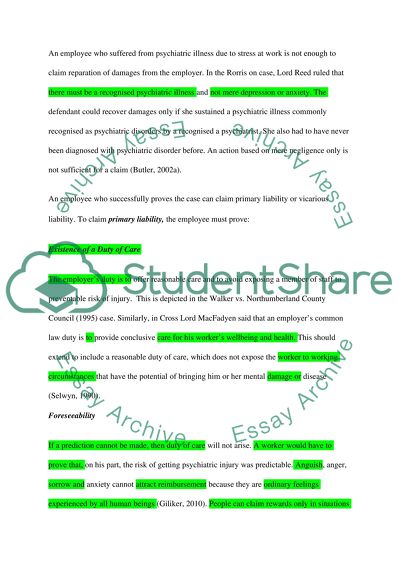Cite this document
(“Critically evaluate, in relation to the common law duty of care, the Essay - 3”, n.d.)
Retrieved from https://studentshare.org/law/1462501-critically-evaluate-in-relation-to-the-common-law
Retrieved from https://studentshare.org/law/1462501-critically-evaluate-in-relation-to-the-common-law
(Critically Evaluate, in Relation to the Common Law Duty of Care, the Essay - 3)
https://studentshare.org/law/1462501-critically-evaluate-in-relation-to-the-common-law.
https://studentshare.org/law/1462501-critically-evaluate-in-relation-to-the-common-law.
“Critically Evaluate, in Relation to the Common Law Duty of Care, the Essay - 3”, n.d. https://studentshare.org/law/1462501-critically-evaluate-in-relation-to-the-common-law.


